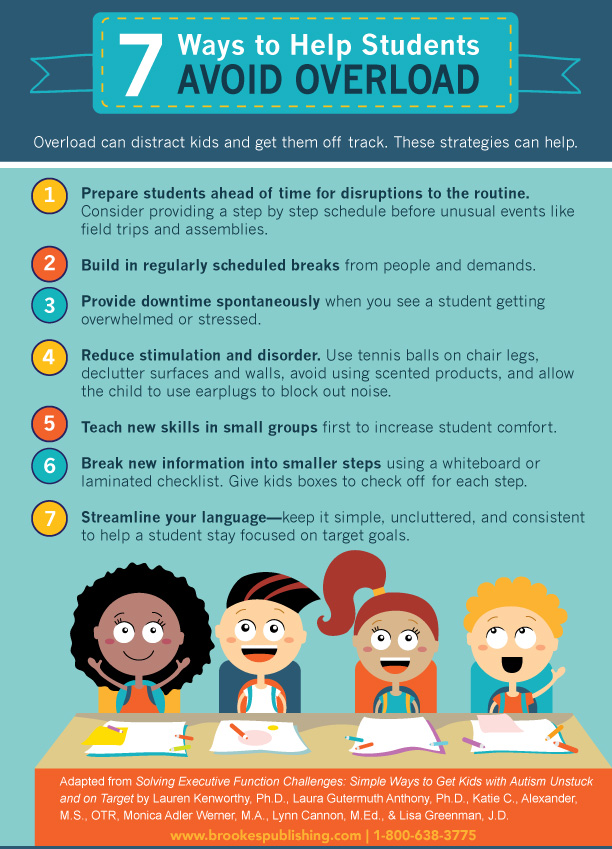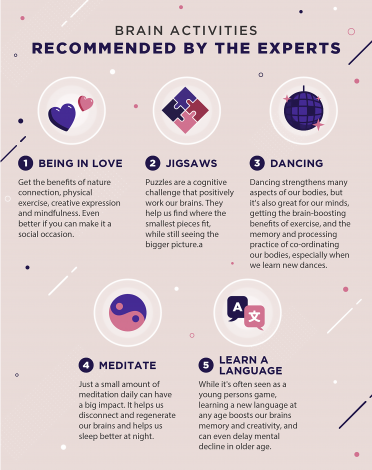Introduction:
In today’s fast-paced and technology-driven world, it’s easy to become overwhelmed with constant stimulation from our phones, computers, and other electronic devices. This overstimulation can lead to stress, anxiety, and even burnout. However, there are ways to avoid overstimulation and create a healthier balance in our lives. In this article, we will explore some tips and strategies to help you navigate the modern world without becoming overwhelmed.
Limit screen time:
One of the most effective ways to avoid overstimulation is to limit your screen time. This means reducing the amount of time you spend on your phone, computer, and other electronic devices. Set boundaries for yourself, such as turning off notifications, putting your phone on silent, or even scheduling specific times of the day when you will be offline. By reducing your screen time, you can give your brain a much-needed break from constant stimulation.

Another way to limit screen time is to create designated tech-free zones in your home. This could be a specific room where electronic devices are not allowed, such as the bedroom or dining room. By creating these boundaries, you can create a more peaceful environment and reduce the temptation to constantly check your phone or computer.
Additionally, consider incorporating more analog activities into your daily routine, such as reading a book, going for a walk, or spending time with loved ones. These activities can help you disconnect from the digital world and focus on the present moment, reducing the risk of overstimulation.
Practice mindfulness:

Mindfulness is the practice of being fully present in the moment and paying attention to your thoughts and feelings without judgment. By incorporating mindfulness into your daily routine, you can become more aware of when you are becoming overstimulated and take steps to address it.
One way to practice mindfulness is through meditation. Set aside a few minutes each day to sit quietly and focus on your breath. This can help calm your mind and reduce the effects of overstimulation. Additionally, you can practice mindfulness throughout the day by paying attention to your surroundings, engaging fully in activities, and taking breaks when needed.
Another way to practice mindfulness is through journaling. Take a few minutes each day to write down your thoughts, feelings, and experiences. This can help you process your emotions and gain clarity on what is causing you to feel overstimulated. By practicing mindfulness, you can become more attuned to your body and mind, and better equipped to avoid overstimulation.
Schedule regular breaks:
In today’s fast-paced world, it’s easy to get caught up in the hustle and bustle of daily life and forget to take breaks. However, regular breaks are essential for preventing overstimulation and maintaining a healthy balance. Schedule short breaks throughout your day to give your mind and body a chance to rest and recharge.
One effective way to schedule breaks is through the Pomodoro Technique. This technique involves working for a set period of time, such as 25 minutes, and then taking a short break, such as 5 minutes. By breaking your work into smaller chunks and incorporating regular breaks, you can prevent overstimulation and maintain focus and productivity.
Another way to schedule breaks is to incorporate movement into your day. Take short walks, stretch, or do some light exercise to break up long periods of sitting and give your body a chance to move and release tension. By scheduling regular breaks, you can prevent burnout and avoid overstimulation.
Engage in self-care activities:
Self-care activities are essential for maintaining a healthy balance and avoiding overstimulation. Take time each day to engage in activities that nourish your body, mind, and soul. This could include exercise, meditation, journaling, reading, or spending time in nature.
One important self-care activity is exercise. Physical activity can help release stress and tension, improve mood, and boost overall well-being. Whether it’s going for a run, practicing yoga, or taking a dance class, find an activity that you enjoy and make it a regular part of your routine.
Another self-care activity is meditation. Meditation can help calm the mind, reduce stress, and improve focus and concentration. Set aside a few minutes each day to meditate, whether it’s through guided meditation, mindfulness meditation, or simply sitting quietly and focusing on your breath. By engaging in self-care activities, you can create a healthier balance in your life and prevent overstimulation.
Set boundaries:
Setting boundaries is essential for avoiding overstimulation and maintaining a healthy balance in your life. This means saying no to activities, commitments, or relationships that drain your energy or cause you stress. Identify areas in your life where you need to set boundaries and take action to protect your well-being.
One way to set boundaries is by learning to say no. It’s okay to decline invitations, requests, or opportunities that don’t align with your values or priorities. By setting boundaries and saying no when necessary, you can protect your time and energy and prevent overstimulation.
Another way to set boundaries is by establishing clear guidelines for how you want to interact with technology. This could include turning off notifications, setting specific times of the day when you will be offline, or even taking regular tech detoxes. By setting boundaries around your use of technology, you can create a healthier relationship with screens and prevent overstimulation.
Practice relaxation techniques:
Relaxation techniques can help calm the mind, reduce stress, and prevent overstimulation. Incorporate relaxation techniques into your daily routine to create a sense of calm and balance in your life. This could include deep breathing exercises, progressive muscle relaxation, visualization, or aromatherapy.
One effective relaxation technique is deep breathing. Take a few minutes each day to practice deep breathing by inhaling deeply through your nose, holding for a few seconds, and exhaling slowly through your mouth. This can help calm the nervous system, reduce stress, and promote relaxation.
Another relaxation technique is progressive muscle relaxation. This involves tensing and relaxing different muscle groups in your body, starting from your toes and working your way up to your head. By focusing on each muscle group and releasing tension, you can create a sense of relaxation and reduce the effects of overstimulation.
Incorporate relaxation techniques into your daily routine to create a sense of calm and balance in your life. By practicing relaxation techniques, you can reduce stress, improve focus, and prevent overstimulation.
Connect with nature:
Spending time in nature can help reduce stress, improve mood, and prevent overstimulation. Make time each day to connect with nature, whether it’s going for a walk in the park, sitting in a garden, or simply spending time outdoors. Nature has a calming effect on the mind and body and can help you recharge and rejuvenate.
One way to connect with nature is through outdoor activities. Go for a hike, bike ride, or swim in a natural setting to enjoy the benefits of being in nature. Even a short walk in the park or sitting under a tree can help you feel grounded and reduce the effects of overstimulation.
Another way to connect with nature is through gardening. Planting flowers, vegetables, or herbs can help you connect with the earth and create a sense of peace and tranquility. By nurturing plants and spending time outdoors, you can reduce stress, improve mood, and prevent overstimulation.
Make time each day to connect with nature and reap the benefits of being in natural surroundings. By spending time outdoors, you can reduce stress, improve mood, and prevent overstimulation.
Conclusion:
In conclusion, avoiding overstimulation is essential for maintaining a healthy balance in today’s fast-paced world. By limiting screen time, practicing mindfulness, scheduling regular breaks, engaging in self-care activities, setting boundaries, practicing relaxation techniques, and connecting with nature, you can create a more peaceful and balanced life. Incorporate these tips and strategies into your daily routine to prevent overstimulation and promote overall well-being. Remember to prioritize self-care and listen to your body and mind to create a healthier relationship with technology and the modern world.
